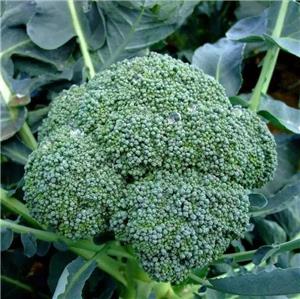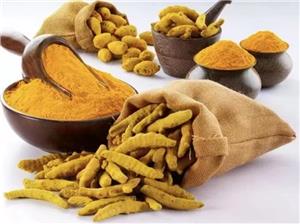-
1609-2021
Leaders Make Urgent Call To Accelerate Vaccination Globally And In Africa
WHO Director-General Dr Tedros Adhanom Ghebreyesus and a group of global health leaders today issued an urgent call for vaccine equity globally and in Africa in particular. The leaders stressed that the worst pandemic in the last hundred years will not end unless and until, there is genuine global cooperation on vaccine supply and access. They also reiterated the WHO’s global vaccination target for 70% of the population of all countries to be vaccinated by mid- 2022.
-
1409-2021
Monitoring flour fortification to maximize health benefits: a manual for millers, regulators, and programme managers
Flour fortification is the practice of deliberately increasing the content of one or more essential micronutrients in flour. Fortification of wheat and maize flours with vitamins and minerals is considered a cost–effective strategy to address micronutrient malnutrition and nutrition-associated health outcomes, such as anaemia or the prevention of neural tube defects
-
0609-2021
Virtual cGMP Training Marathon for vaccine manufacturing
Many low- and middle-income countries (LMICs) face inconsistent supply of quality-assured vaccines and are therefore dependent on importation to fill the gaps in supply. It is recognized that local production can improve timely access and safeguard health security in vaccine supplies.
-
0309-2021
World failing to address dementia challenge
Only a quarter of countries worldwide have a national policy, strategy or plan for supporting people with dementia and their families, according to the WHO’s ‘Global status report on the public health response to dementia’, released today. Half of these countries are in WHO’s European Region, with the remainder split between the other Regions. Yet even in Europe, many plans are expiring or have already expired, indicating a need for renewed commitment from governments.
-
3108-2021
Joint Statement of the Multilateral Leaders Taskforce on Scaling COVID-19 Tools
At its third meeting, the Multilateral Leaders Taskforce on COVID-19 (MLT), the heads of the International Monetary Fund, World Bank Group, World Health Organization and World Trade Organization - met with the leaders of the African Vaccine Acquisition Trust (AVAT), Africa CDC, Gavi and UNICEF to tackle obstacles to rapidly scale-up vaccines in low- and lower middle-income countries, particularly in Africa, and issued the following statement:
-
2708-2021
WHO issues rapid communication on updated guidance for the management of TB in children and adolescents
A rapid communication released by the World Health Organization (WHO) Global Tuberculosis Programme has announced important updates to guidance on the management of tuberculosis (TB) in children and adolescents. This includes new recommendations on diagnostic options, treatment regimens, as well as treatment decision algorithms and optimal models of care for the delivery of child and adolescent TB services.
-
2508-2021
More than 700 million people with untreated hypertension
The number of adults aged 30–79 years with hypertension has increased from 650 million to 1.28 billion in the last thirty years, according to the first comprehensive global analysis of trends in hypertension prevalence, detection, treatment and control, led by Imperial College London and WHO, and published today in The Lancet. Nearly half these people did not know they had hypertensio
-
2503-2021
The Clock is ticking – it’s time to end TB deaths among people with HIV!
In the run up to World TB Day, WHO has released new data from over 84 countries on the impact of the COVID-19 pandemic on the TB response, and launched new guidelines on systematic TB screening to help countries bridge the gap in diagnosis and care. As a result of COVID-19, notifications of people with TB dropped by 21% globally in 2020, compared with 2019. Late diagnosis of TB results in onward transmission within households and communities, as well as an increased burden of TB and poor outcomes, including death.
-
2203-2021
Mercury and health
Mercury is a naturally occurring element that is found in air, water and soil. Exposure to mercury – even small amounts – may cause serious health problems, and is a threat to the development of the child in utero and early in life. Mercury may have toxic effects on the nervous, digestive and immune systems, and on lungs, kidneys, skin and eyes. Mercury is considered by WHO as one of the top ten chemicals or groups of chemicals of major public health concern. People are mainly exposed to methylmercury, an organic compound, when they eat fish and shellfish that contain the compound. Methylmercury is very different to ethylmercury. Ethylmercury is used as a preservative in some vaccines and does not pose a health risk.




